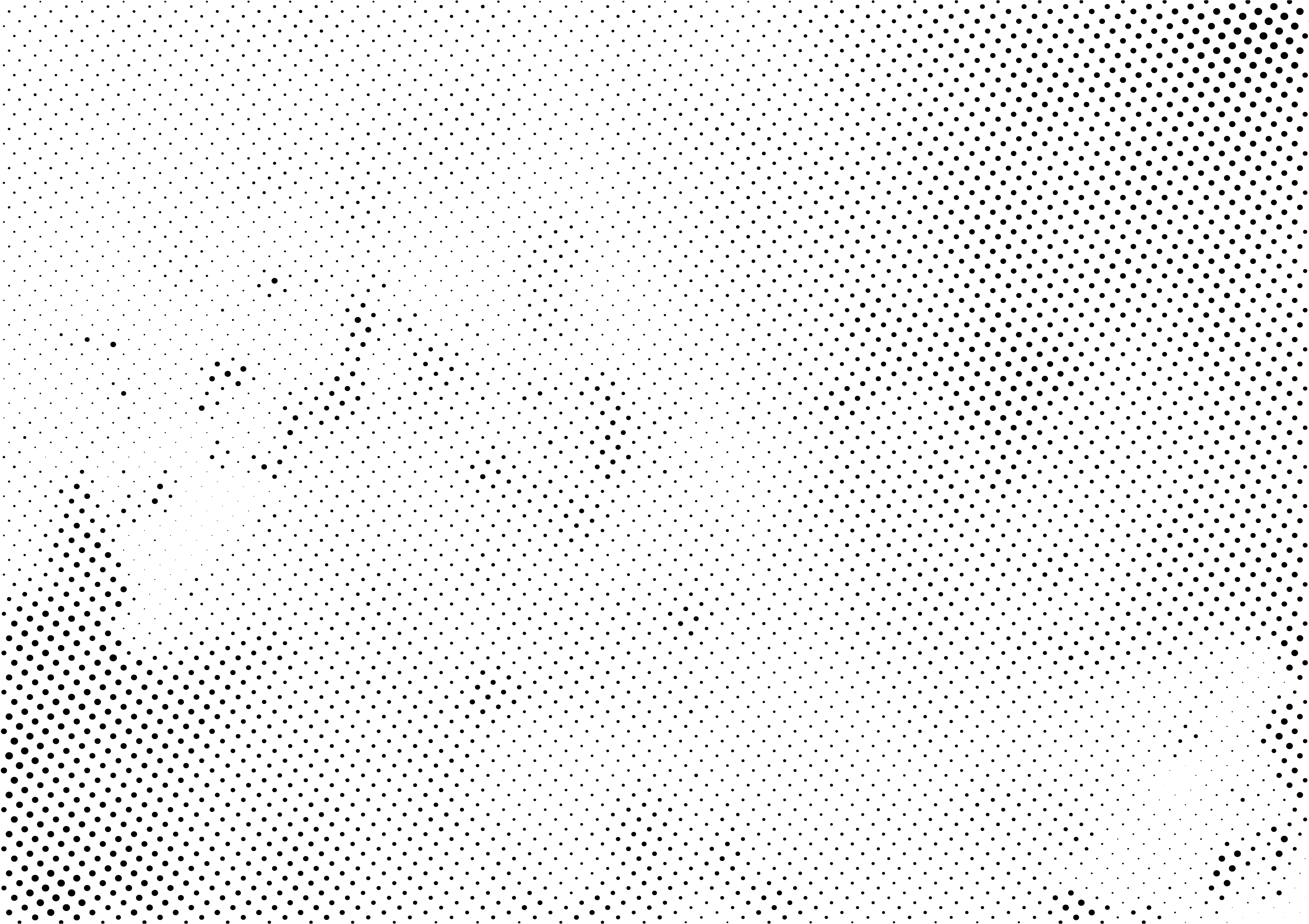As the use of textile polypropylene (PP) fibers becomes more common in commercial textiles and sportswear, the investigation of the effects of UV-curable ink on the heat-sensitive PP knitted fabrics is crucial to optimize functional clothing design. This study investigated the effects of UV-curable ink on the heat-sensitive PP knitted fabrics when the ink was cured using UV light at room temperature, to avoid degradation of the PP fabric by high temperature, and provided an alternative coloring method for PP fabric used in sportswear. The influences of printing parameters such as the printing distance, number of overprints, and color of ink on fabrics as well as aesthetic, physical, and low-stress mechanical properties in terms of tensile, bending, shearing, surface, and compression were systematically investigated. The results indicated that the physical properties and low-stress mechanical properties of PP fabrics printed with UV-curable ink were significantly affected by the number of overprints and the color of the prints, whereas the color appearance was affected mainly by the number of overprints and the printing distance. In terms of the fabric’s hand value, only 2HB and 2HG5 were significantly affected by the number of overprints and the color of the prints, with the prediction rate exceeding 40 % among the low-stress mechanical properties. The fabric’s hand value was not significantly affected by the thin UV-cured ink film when compared with the fabric itself. Fabric printed in a color with the greatest lightness and the fewest overprints had the lowest fabric weight, thickness, and color difference (ΔE) towards the reference color, in addition to better bending recovery and resilience properties. The new knowledge from this study can provide an alternative coloring method for PP knitted fabric to increase the design variety available to textile designers who use PP fabric. The results from this study contribute to the textile and knitwear design industry.
Zhou J.Y.


